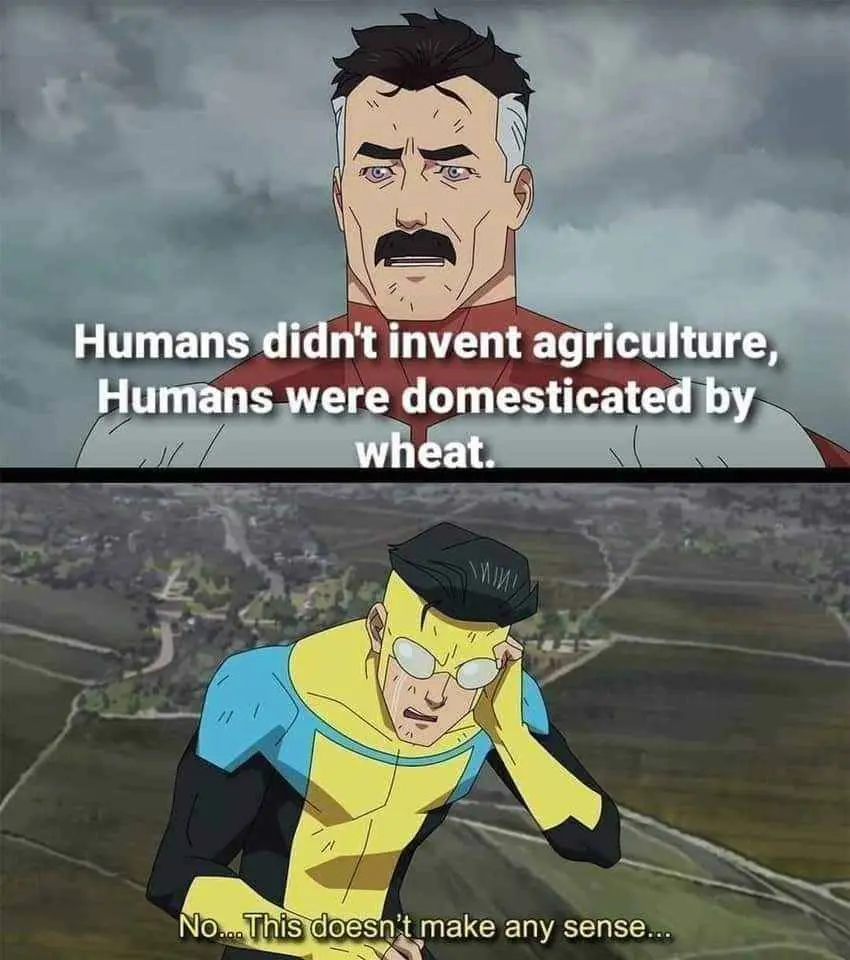this post was submitted on 07 Jul 2024
350 points (97.3% liked)
Science Memes
11047 readers
3311 users here now
Welcome to c/science_memes @ Mander.xyz!
A place for majestic STEMLORD peacocking, as well as memes about the realities of working in a lab.

Rules
- Don't throw mud. Behave like an intellectual and remember the human.
- Keep it rooted (on topic).
- No spam.
- Infographics welcome, get schooled.
This is a science community. We use the Dawkins definition of meme.
Research Committee
Other Mander Communities
Science and Research
Biology and Life Sciences
- [email protected]
- [email protected]
- [email protected]
- [email protected]
- [email protected]
- [email protected]
- [email protected]
- [email protected]
- [email protected]
- [email protected]
- [email protected]
- [email protected]
- [email protected]
- [email protected]
- [email protected]
- [email protected]
- [email protected]
- [email protected]
- [email protected]
- [email protected]
- [email protected]
- [email protected]
- [email protected]
- [email protected]
- !reptiles and [email protected]
Physical Sciences
- [email protected]
- [email protected]
- [email protected]
- [email protected]
- [email protected]
- [email protected]
- [email protected]
- [email protected]
- [email protected]
Humanities and Social Sciences
Practical and Applied Sciences
- !exercise-and [email protected]
- [email protected]
- !self [email protected]
- [email protected]
- [email protected]
- [email protected]
Memes
Miscellaneous
founded 2 years ago
MODERATORS
you are viewing a single comment's thread
view the rest of the comments
view the rest of the comments

It really is a symbiotic relationship we've developed with the things we've domesticated (or that domesticated us)
Especially animals reserved for working instead of eating, because in those situations oftentimes the food being made with the work is shared between the symbiotes.
I would say it's symbiotic to the continued survival and propegation of their genes, but not to their well-being as individuals.
It's also a double-edged sword. The moment a domesticated species isn't useful enough for us, its numbers (and therefore genes) will decrease dramatically. Plenty of livestock populations may be reduced to a tiny size if artificial meat production becomes cheap enough, or if it's decided to be a necessity to fight climate change.
Depends on the situation, factory farming definitely, but for most natural raised situations I'd argue the animal's well being is like 99% of the work being done.